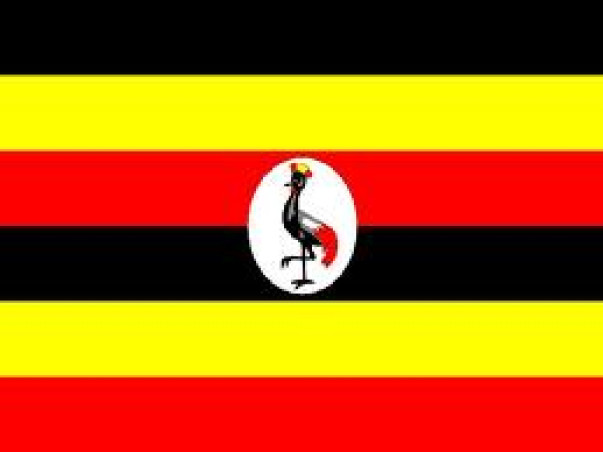Uganda:Mobile money transactions value hit Shs 19 trillion

JUNE 11,2014.
The Observer.
At least 14 million Ugandans used the mobile money platform to trade, send and receive money last year, putting it among the most used medium of transaction, according to Bank of Uganda.
The value of mobile money transactions jumped by 40 per cent to Shs 18.6tn last year, far more than Uganda’s resource envelope for this financial year, according to the central bank’s annual supervision report for 2013. Only Shs 11.7tn was transacted in 2012. In 2014/15 financial year, Uganda’s economy is expected to run on a Shs 14tn purse.
The number of Ugandans using mobile money increased by 52.4 per cent to 14 million, twice more than the total bank accounts in the country. The number of transactions increased by 65 percent from 241.7 million transactions recorded in 2012 to 399.5 million transactions last year. The telecoms and banks have not taken these numbers lightly.
Many banks, for instance, have entered into partnerships with telecom companies to have mobile money included on their menu. MTN Uganda announced that mobile money contributed to almost a half of its profits last year. All the bigger telecoms here have a mobile money product.
“The annual results indicate that MTN Mobile Money continued to perform well in Uganda and recorded a 47 per cent increase in registered subscribers to 5.2 million, with more than 25 million transactions per month,” according to a statement from MTN issued last March.
The platform is now being used by different companies. Air Uganda and Kenya Airways have their air tickets available for customers who can pay through mobile money. Multiplex Uganda allows those who own cars in Kampala to pay for the monthly parking fees through mobile money. You can pay a police fine via mobile money.
Power distributor Umeme has advised its companies to use mobile phones to settle power bills. Other institutions, including churches, hospitals, pay TV companies, and kingdoms have mobile money codes for the people that make any contributions. Buganda kingdom used the platform widely during the fundraising for the reconstruction of the Kasubi tombs.
“The enormous growth that we have seen is more at the lower end of transferring money. There is still huge potential for mobile commerce to thrive,” Stephen Kaboyo, the managing director of Alpha Capital, told The Observer.
“[Mobile money] is unstoppable because of the ease, convenience, and obviously the low cost associated with mobile money transactions.”
Regulation
Realising the huge amounts of money that go through this platform, BOU took over the regulation of mobile money services to avert fraud and manipulation that comes with huge transactions. Last year, the central bank issued mobile money guidelines. Here, a mobile money provider must be a registered company.
And a mobile money agent must also be registered as a business with a physical address and an account with a licensed institution such as a bank. A financial institution must receive approval from BOU for the provision of mobile money services. If customers are aggrieved and the provider fails to address their concerns, they are free to report to the central bank, which would then issue a directive to the providers.
Also, given the amount of money transacted, BOU suspects some money could land in the hands of criminals, possibly terrorists and money launderers.
 Africas leading resource for digital financial services
Africas leading resource for digital financial services


comments